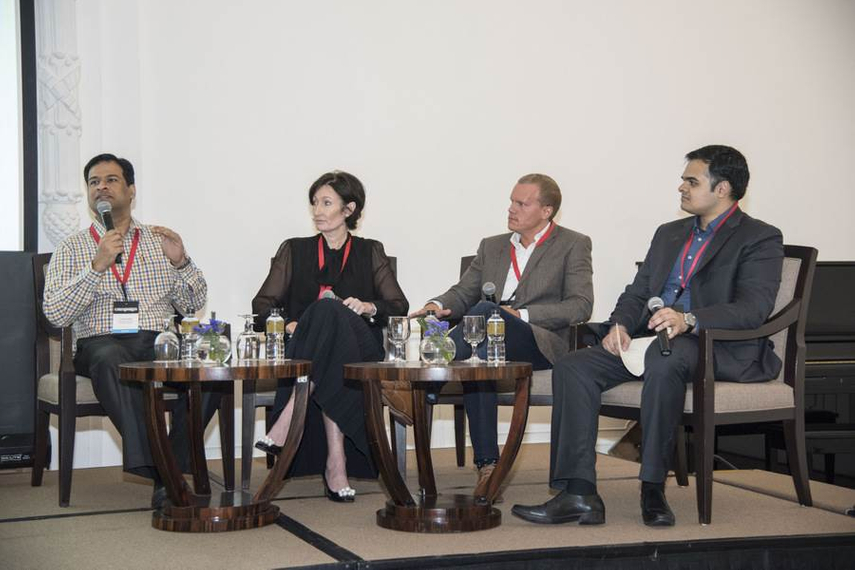
A lack of control over consumer interaction is now a fundamental tenet of brand authenticity, as brands who try too hard to connect will be pushed away, a panel of leading experts said at Campaign Asia-Pacific’s Top 1000 Breakfast Briefing.
This may sound straightforward, but is actually a real issue, said Scott McBride, APAC chief digital officer at IPG Mediabrands, in spite of mobile and social meaning consumers are, to some degree, always on.
“The challenge is consumers don’t wake up in the morning and say ‘I want to go and engage with Nike’, for example,” he said. So competing brands try ever harder to own the moments that consumers are engaging, and that is where authenticity can be compromised.
“Brands try to differentiate through stories, but what can happen is the reality portrayed does not always match the consumer experience,” McBride continued. “You need to make sure you don’t have this authenticity gap.”
Ceding control is particularly tough when you operate in “the least emotive category in the world,” according to Debbie Goldingham, SEA head of marketing at Mastercard.
But she said the brand, which she described as functioning between the key consumer engagement moments of research and purchase, learned a lot from the evolution of its renowned ‘Priceless’ campaign, which Mastercard served “but consumers then took and made their own”.
“You have to be humble; you don’t own the moment, the consumer does,” she said. “We are now looking to get ‘Priceless’ back through story making, not storytelling, and if you are not authentic in that process, your brand doesn’t become part of that story.”
Vivek Pareek, global brand manager at Shell Helix and Shell Advance Brands, said this move away from controlling consumer engagement comes as the wider marketing focus has moved to customer experience.
“We’ve moved away from product into experience, which has to have authenticity and consistency,” he said. “Staying consistent as a brand is actually very hard.”
But Pareek also noted that product remains critical, as for all the stories and inspiration brands are looking to engage consumers with, they all still create and sell products “that give consumers a tangible experience”.



.jpg&h=334&w=500&q=100&v=20170226&c=1)
.jpeg&h=334&w=500&q=100&v=20170226&c=1)
.jpg&h=334&w=500&q=100&v=20170226&c=1)
.png&h=334&w=500&q=100&v=20170226&c=1)


.png&h=334&w=500&q=100&v=20170226&c=1)

.jpg&h=334&w=500&q=100&v=20170226&c=1)

.png&h=268&w=401&q=100&v=20170226&c=1)

.png&h=268&w=401&q=100&v=20170226&c=1)



